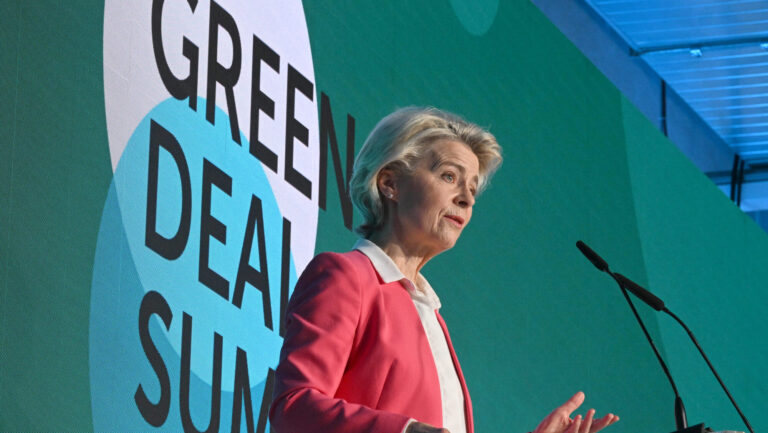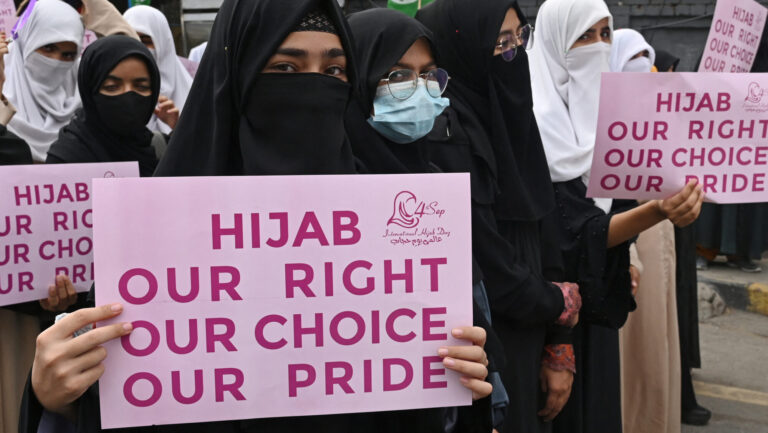Human Rights Watch released a report on May 25th showing that the digital platforms used for online classes during the COVID-19 pandemic, and endorsed by governments, were collecting data on children and selling it to advertising technology companies without the consent of either the children or their parents, usually without either being aware.
The report “is grounded in technical and policy analysis conducted by Human Rights Watch on 164 education technology (EdTech) products endorsed by 49 countries,” a press release from HRW stated. Human Rights Watch found that 90% of the EdTech companies it investigated “appeared to engage in data practices that risked or infringed on children’s rights.”
Many European countries are cited in the report as endorsing EdTech products—online classrooms, apps, and other digital educational tools—that violated children’s privacy.
These apps, websites, and virtual classroom platforms were capable of monitoring children and collecting personal data, including knowing who they are, where they are, what they do in the classroom, who their family and friends are, and what kind of device their families could afford for them to use.
Most used tracking technologies that trailed children both inside their virtual classrooms and beyond, across the internet, over time. These various trackers were impossible to avoid or erase even if the child users or their parents were aware that it was happening.
The investigation also found that most online learning platforms sent or granted access to children’s data to advertising technology companies, consequently targeting children with behavioural advertising.
Some of the EdTech products in the report were designed and built by governments.
“Notably, nine governments—Ghana, India, Indonesia, Iran, Iraq, Russia, Saudi Arabia, Sri Lanka, and Turkey—directly built and offered eleven learning apps that may collect [data] from children. In doing so, these governments granted themselves the ability to track an estimated 41.1 million students and teachers purely for advertising and monetization,” the report stated.
Human Rights Watch shared the information with the companies it had found violating children’s privacy.
“In all, 48 EdTech companies, 78 AdTech companies, and 10 governments responded as of May 24th, 12 p.m., EDT. Several EdTech companies denied collecting children’s data. Some companies denied that their products were intended for children’s use. AdTech companies denied knowledge that the data was being sent to them, indicating that in any case it was their clients’ responsibility not to send them children’s data,” HRW stated in a press release.
Ultimately, though, the report lays the responsibility at the feet of governments that obligated online learning during the pandemic:
Governments bear the ultimate responsibility for failing to protect children’s right to education. With the exception of a single government—Morocco—all governments reviewed in this report endorsed at least one EdTech product that risked or undermined children’s rights. Most EdTech products were offered to governments at no direct financial cost to them.
The costs of these EdTech platforms, HRW concluded, were paid for by children in the form of their private data.
A full list of the platforms and affected countries is included in the report, but among them are the following:
Platforms:
Microsoft Teams, Zoom, Padlet, Moodle, Remind, Dropbox, Threema Work, YouTube, WhatsApp, Kelas Pintar, Extramarks, Google Meet, Facebook, Oracle, MediaMath, Widerplanet, Minecraft: Educational Edition
Countries:
Argentina, Australia (New South Wales, Victoria), Brazil (Minas Gerais, São Paulo), Burkina Faso, Cameroon, Canada (Quebec), Chile, China, Colombia, Côte d’Ivoire, Ecuador, Egypt, France, Germany (Baden-Württemberg, Bavaria), Ghana, Guatemala, India (Maharashtra, national, Uttar Pradesh), Indonesia, Iran, Iraq, Italy, Japan, Kazakhstan, Kenya, Malawi, Malaysia, Mexico, Morocco, Nepal, Nigeria, Pakistan, Peru, Poland, Republic of Korea, Romania, Russian Federation, Saudi Arabia, South Africa, Spain (Andalucía, Catalonia), Sri Lanka, Taiwan, Thailand, Turkey, United Kingdom (England, Scotland), United States (California, Texas), Uzbekistan, Venezuela, Vietnam, and Zambia






